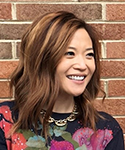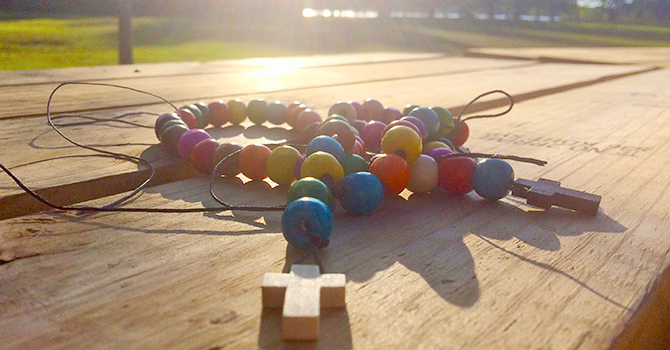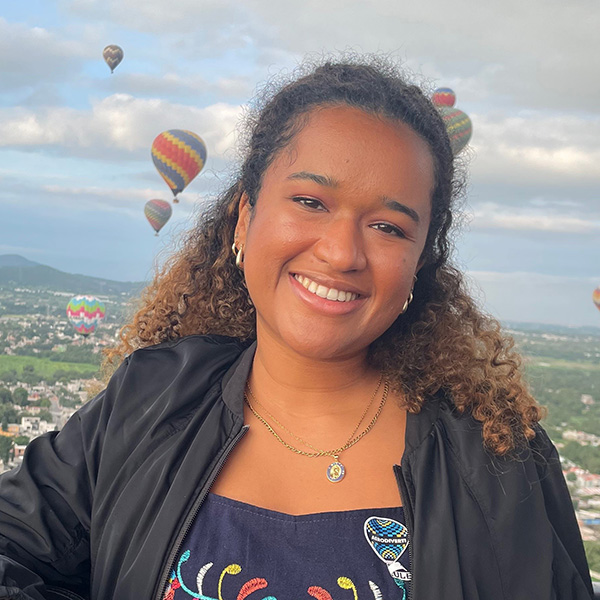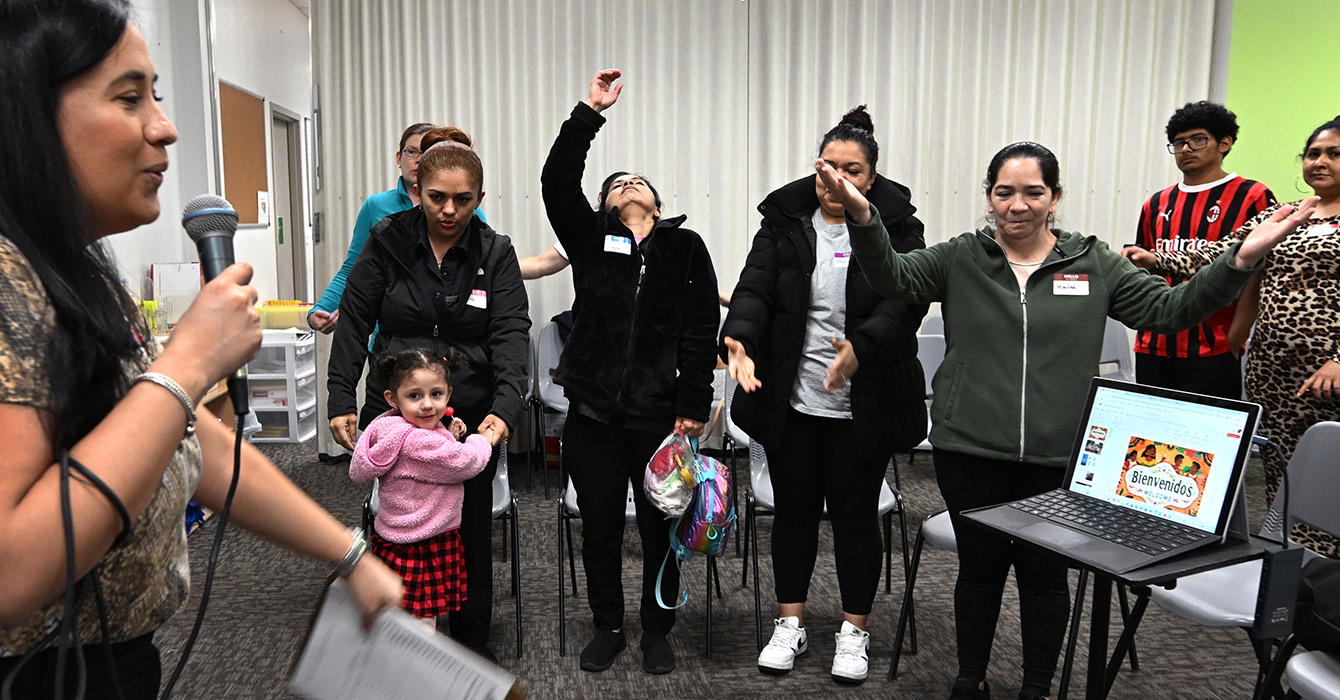On the home front, papers are everywhere -- math worksheets about mean, median and mode, science slide decks about gravitational energy, composition notebooks -- together with pencils that always seem to need sharpening. Craft projects, Zoom piano and taekwondo lessons are the main extracurricular activities for my two boys, ages 6 and 9.
I map out their days carefully, knowing in my gut that I have probably overscheduled them on activities and wondering whether I should just give in and let them have their screens.
With stay-at-home orders that took effect during spring break, many parents have scrambled to take on the additional simultaneous roles of full-time caregiver, teacher, cafeteria worker, gym teacher and housekeeper. Homes have been abruptly converted into multifunctional offices, classrooms, industrial kitchens, art studios and play areas.
We have protected our families and each other by staying home, watching in horror day by day as the numbers of those affected by COVID-19 rise, along with an underlying anxiety and an incessant urge to refresh news sites.
In a well-meaning but opportunistic act, educational companies and parenting websites quickly began offering high-quality home school resources, curricula and videos. I eagerly gathered and explored the options available, wondering whether anything would help me as the baton of educating my kids was thrust in my hand. I found myself exhausted at the long list of options and responsibilities.
Summer is bringing zero reprieve. My own education requires a full-time internship at a church in addition to the classes I haven’t had time to finish from the spring semester. My kids have started virtual summer camps, so that my house is littered with STEM supplies -- as if a craft store blew up in it.
Somewhere in the madness and mess, the dust settles a little, and I finally still myself before the Lord. In this grounded place, I realize that my children will remember these moments together during quarantine, and that they will learn so much more from me, their mother, than what the educational companies have to offer.
I realize that if I’m supposed to teach my kids, I will teach them what I know best as a worship leader. It’s as if my professional experience as a worship leader has led me to this moment in time, to drill down into the essentials of what is true and develop a rhythm of daily liturgy that brings life. I need to help my sons digest the world, not just consume it, and I realize that I am their best teacher for this.
Prior to stay-at-home, we would rush to get out the door every morning so I could get them to school by 8 a.m. and not be late for my own graduate class at 8:30. We barely had time to scarf down our breakfasts before we were in the car. The mornings were a complete blur.
Now, our mornings have become more flexible. The kids get up when they get up. We eat a longer breakfast, sometimes with a second course of a banana or a piece of toast. We talk to each other and laugh. We have time to clean the dishes and engage in play before starting the day.
And every morning, we sit down in the living room for morning worship. We close our eyes and take deep breaths, and I tell the boys to try to listen to the sounds outside. We sing two simple songs together, and I notice how my sons feel comfortable in different positions of sitting, lying down or moving around during worship. What a departure from how they position themselves uniformly at church!
I talk about current news and prayer requests and read a few Bible verses, and then we take turns praying. I notice that their prayer lives have deepened, and my prayer life has deepened with theirs. We have prayed for the safety of our friends and family, for racial justice and for the cure to COVID-19. Even though I have been a worship leader and a liturgist for congregations with a wide range of production values, I love the simplicity and depth of this worshipping moment together.
The rest of the morning is dedicated to home school or camp activities, and I engage in the opportunity to understand how my children learn best. The core unit they were working on this spring just happened to be about the founding of the United States and the early colonial settlers, and I realized how much these historical narratives have remained the same from the time I was in elementary school.
My energies shifted to teaching a complete form of history to my kids, including Indigenous, Black and immigrant stories. We talked about the use of forced labor and slavery to build the colonies and how this contradicts God’s love for every creature created in God’s image.
How should we feel about Thomas Jefferson’s impact and writings when he also owned slaves? How can we talk about land ownership when land was stolen from our Indigenous brothers and sisters, and how does that affect their lives now? What is our history as Asian Americans? When did the first Asians arrive in America? How were they received or barred from immigration in exclusion acts?
How do we see these histories play out in the Black Lives Matter movement today, in Christopher Columbus statues or in anti-Asian American racism? We incorporate these histories, and their impact on the present, into our learning beyond the books my sons get from school.
This spring, as charges were still pending for the father and son who killed Ahmaud Arbery in Brunswick, Georgia, my sons and I waded through a series of calls to state law enforcement and government officials during what would have been a school day.
My sons’ eyes widened in amazement as the call operator announced each person to whom we gained access: “You will now be directed to the Superior Court judge of Georgia. … You are now being directed to the chief of police of Glynn County. … To the Georgia Bureau of Investigation.” We demanded justice and accountability as swiftly as we could before being directed to the next call. This is part of what I can teach them too.
There are certainly many mornings when my sons drag their feet and resist home school or camp activities and worship. There are many days that seem monotonous and boring. But I realize that this moment has allowed me to step into a crucial time in their formation, at a tenuous point in history, and I relish the opportunity to teach, minister and grow with them.



















